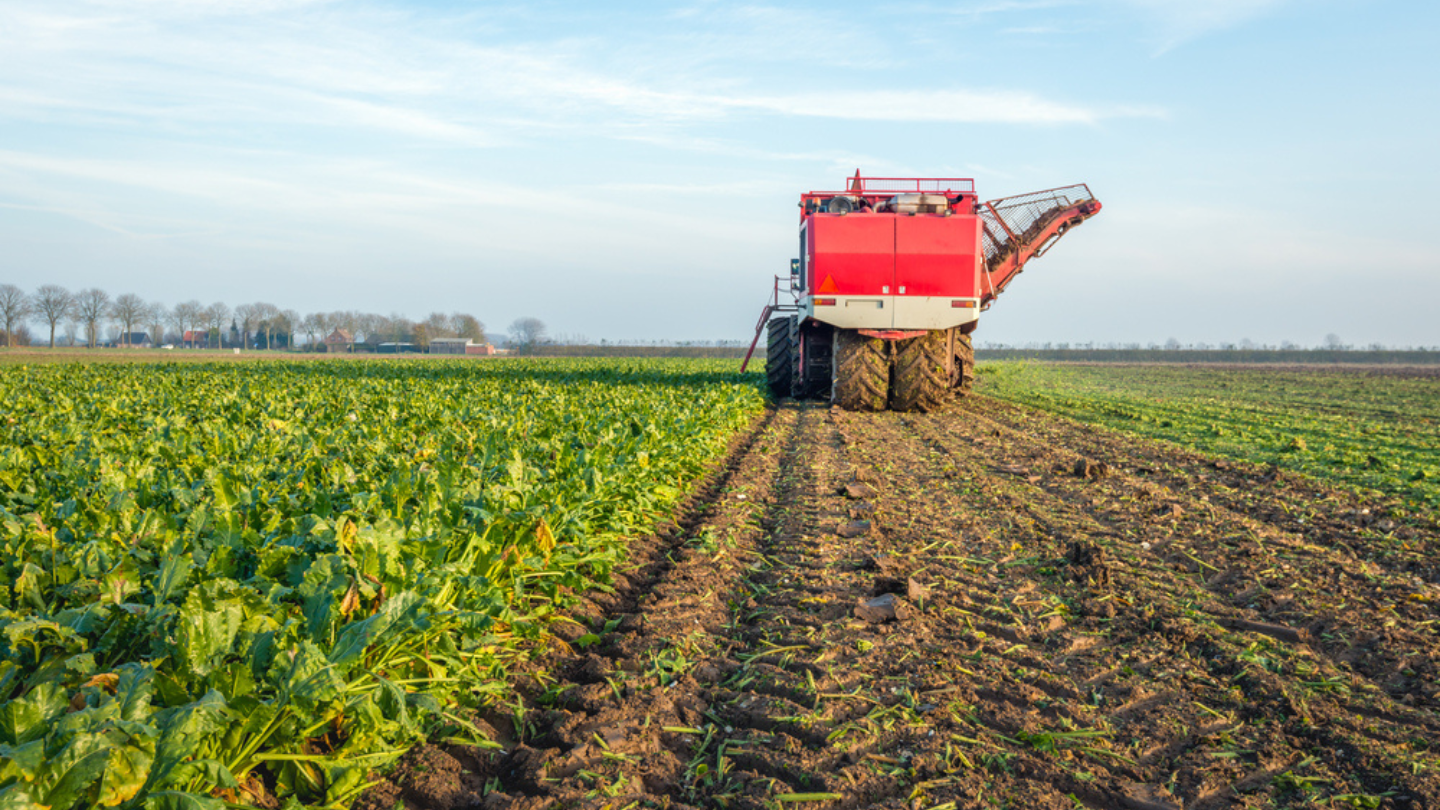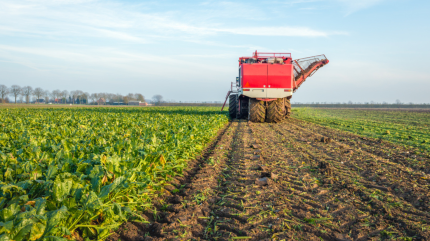

The Netherlands’ government has laid out five scenarios for revising its taxation of sugar in non-alcoholic beverages, which could include soy-based drinks, water and dairy.
Since 1993, a flat rate of €26.13 ($27.96) per 100 litres has applied to all non-alcoholic drinks, regardless of sugar content.
The Dutch government is now looking to introduce an additional tax on sugar content. Five possible scenarios on how this could be introduced have been drafted, with the stated goal of “promoting health” via healthier soft-drink options.
The first and simplest scenario is to tax all non-alcoholic drinks on sugar content levels, including dairy, soy-based drinks and mineral waters.
Scenario two excludes mineral waters, as they are seen as the healthier choice. Three would exclude water, dairy and soy drinks that have a low sugar content.
Scenario four proposes that water, dairy and soy drinks are excluded, while pure fruit and vegetable juices are taxed at the lowest rate. A variant of four exists – bringing total choices to five – where pure fruit and vegetable juices are also excluded.
Access the most comprehensive Company Profiles
on the market, powered by GlobalData. Save hours of research. Gain competitive edge.

Company Profile – free
sample
Your download email will arrive shortly
We are confident about the
unique
quality of our Company Profiles. However, we want you to make the most
beneficial
decision for your business, so we offer a free sample that you can download by
submitting the below form
By GlobalData
The proposed government policy has flagged 2026 as the “first possible” year for introducing the sugar tax regime in the Netherlands. The proposals are now in pre-consultation and open to public comment.
Each scenario influences what tax levels the government would apply per litre.
If no drinks are exempted, then anything over 10 grams of sugar per 100 millilitres (the highest band) will have a €40 per 100 litre tax. If scenario four’s variant is picked, which sees the most categories excluded, a tax of €52.75 per 100 litres would be applied to the remaining beverages, such as Red Bull.
The Dutch Association for Soft Drinks, Waters and Juices (FWS) welcomed the government’s proposed “smart sugar tax” but said the increasing scale of tax in-line with category exemptions shows that revenue is an “important motive” for the government on this policy.
“If certain drinks are excluded, the rate for other drinks will automatically increase. This could amount to more than 50 cents per litre, or almost double the current amount, which was already drastically increased on 1 January,” a spokesperson for FWS said.
“This is not a wise choice, especially when you consider that the maximum rate in the United Kingdom, for example, is €0.28 per litre – and that this has proven to be very effective as an incentive for manufacturers to bring healthier drinks to the market.
“The decline in revenue for the government should be seen as an incentive to introduce a broad sugar tax and also tax other sugar-rich products. Then your income will be maintained and you will realise real profits when it comes to calorie reduction and the fight against obesity.”

